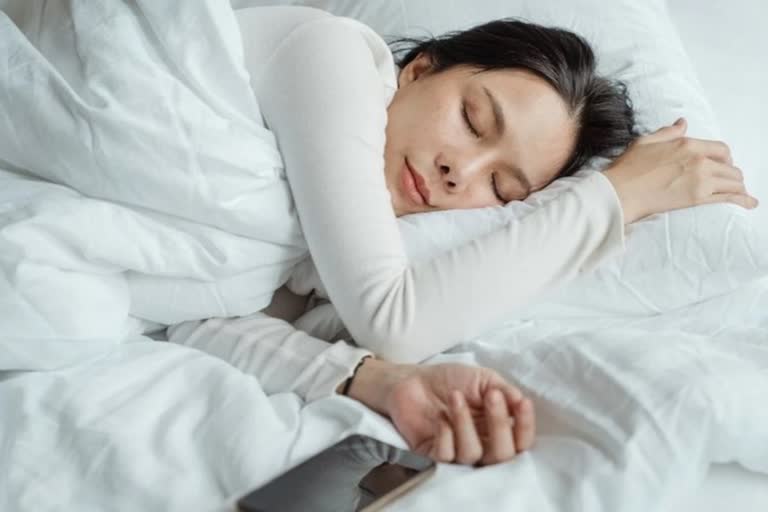Washington [US]: All kinds of issues can be resolved with a good night's sleep, but recent research suggests that getting enough sleep may also reduce your susceptibility to illness. Medical students working in doctor's offices were recruited by researchers at the University of Bergen to distribute brief questionnaires to patients asking about recent illnesses and sleep quality. They discovered that patients with persistent sleep issues were more likely to report needing antibiotics and were more likely to have recently contracted an illness as well as reported sleeping too much or too little.
"Most previous observational studies have looked at the association between sleep and infection in a sample of the general population," said Dr Ingeborg Forthun, corresponding author of the study published in Frontiers in Psychiatry. "We wanted to assess this association among patients in primary care, where we know that the prevalence of sleep problems is much higher than in the population at large."
Evidence already exists that sleep problems raise the risk of infection: in a previous study, people deliberately infected with rhinovirus were less likely to catch a cold if they reported healthy sleep. Sleep disturbances are common and treatable, and if a link to infection and a mechanism can be confirmed, it might make it possible to cut down on antibiotic use and protect people against infections before they happen. But experimental studies can't reproduce real-life circumstances.
Forthun and her colleagues gave medical students a questionnaire and asked them to hand it out to patients in the waiting rooms of the general practitioners' surgeries where the students were working. 1,848 surveys were collected across Norway. The surveys asked people to describe their sleep quality - how long they typically sleep, how well they feel they sleep, and when they prefer to sleep - as well as whether they had had any infections or used any antibiotics in the past three months. The survey also contained a scale which identifies cases of chronic insomnia disorder.
